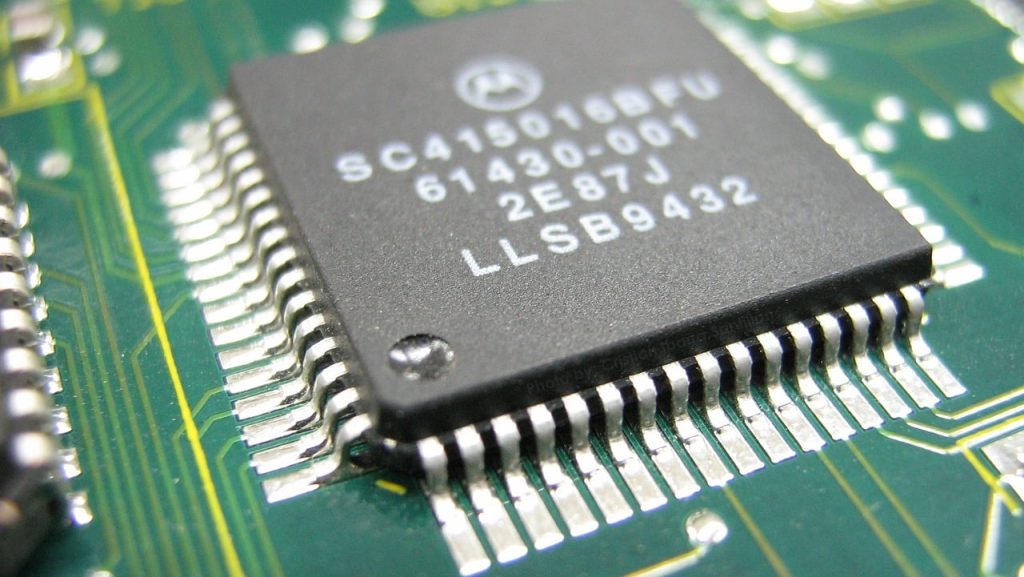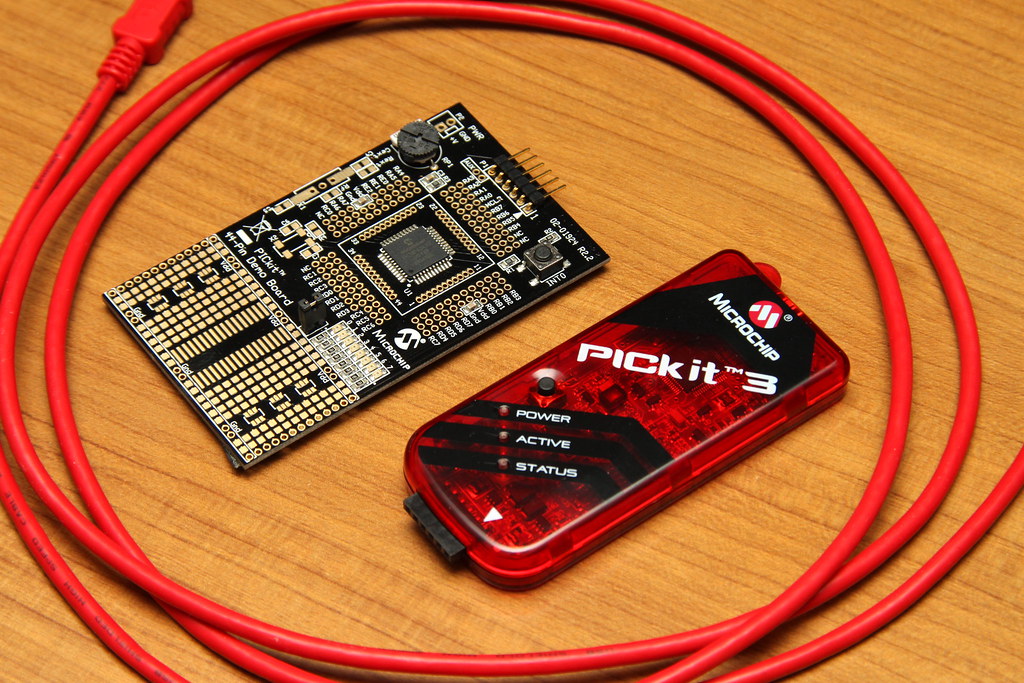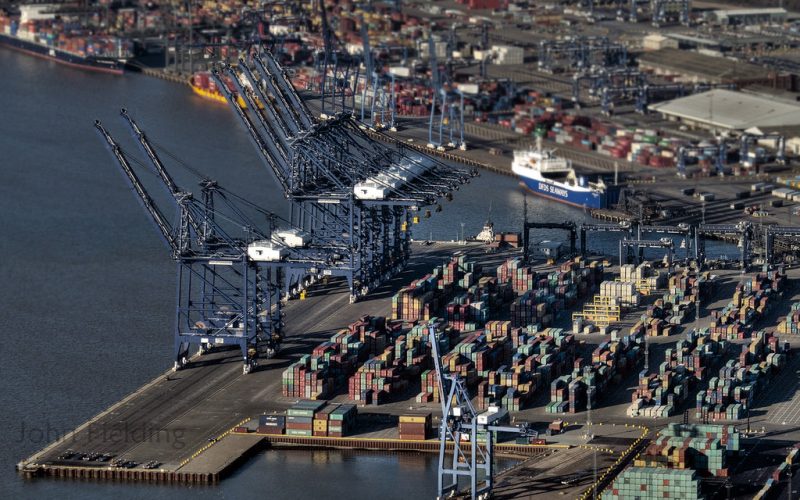The government of Japan has announced that it intends to place limitations on the export of some computer chip-making products, following in the footsteps of similar actions taken by the governments of the United States and the Netherlands.
The measures will apply to 23 different categories of production equipment for semiconductors.

Semiconductors, which are used in everything from mobile phones to gear used in military operations, are at the centre of a contentious dispute between the United States and China.
In reaction to export limits enforced by Washington, China has on multiple occasions referred to the United States as a “tech hegemony.”
On the other hand, neither China nor the United States were mentioned in the statement that was released by Japan’s Ministry of Economy, Trade and Industry on Friday.
According to what the Ministry of Foreign Affairs had to say on the matter, “We are performing our role as a technical nation to contribute to international peace and stability.”
The policy will be open for public feedback, and there are current plans to put it into effect in July.
The Japanese trade minister, Yasutoshi Nishimura, stated to the press that this action was not coordinated with the limits imposed by the United States.
“If our exports are not being reappropriated for military use, we will continue exporting,” Mr. Nishimura continued, “and we believe the impact on companies will be minor.”
Yoshimasa Hayashi, the Japanese Minister of Foreign Affairs, was scheduled to travel to Beijing over the weekend when this announcement was made.
Mr. Hayashi has stated that he will meet with his Chinese counterpart, Qin Gang, in order to have “an honest and frank discussion” in order to establish “a constructive and stable partnership.”
The restrictions imposed by Japan will apply to the supply of equipment by major technological companies such as Tokyo Electron and Nikon.
These will have an impact on exports of a wide variety of goods, from machines used for immersion lithography to tools needed to clean silicon wafers.
As part of the process of fabricating microchips, lithography equipment make use of lasers to print extremely minute patterns on silicon.
The United States government made the announcement in October that it would demand licences from any business that exported semiconductors to China using US-produced tools or software, regardless of where in the globe the chips were manufactured.
In addition, the United States of America demanded that the Netherlands and Japan put in place equivalent regulations.
This month, the Dutch government said that in order to safeguard the country’s national security, exports of the “most advanced” microchip technology will be subject to limitations.
Liesje Schreinemacher, the minister of commerce for the Netherlands, stated that the regulations will have an impact on “particularly specific technology in the semiconductor production cycle.”
She went on to say that the government had taken into account “the technological changes and the geopolitical backdrop,” though she did not specifically name China or the Netherlands chip equipment manufacturer ASML.
The global supply chain for microchips includes ASML as one of the most significant companies. It is responsible for producing the machines that are used to manufacture the most advanced chips in the world.












